Harry and Meghan are visiting Nigeria – here’s why it should be on your holiday wishlist
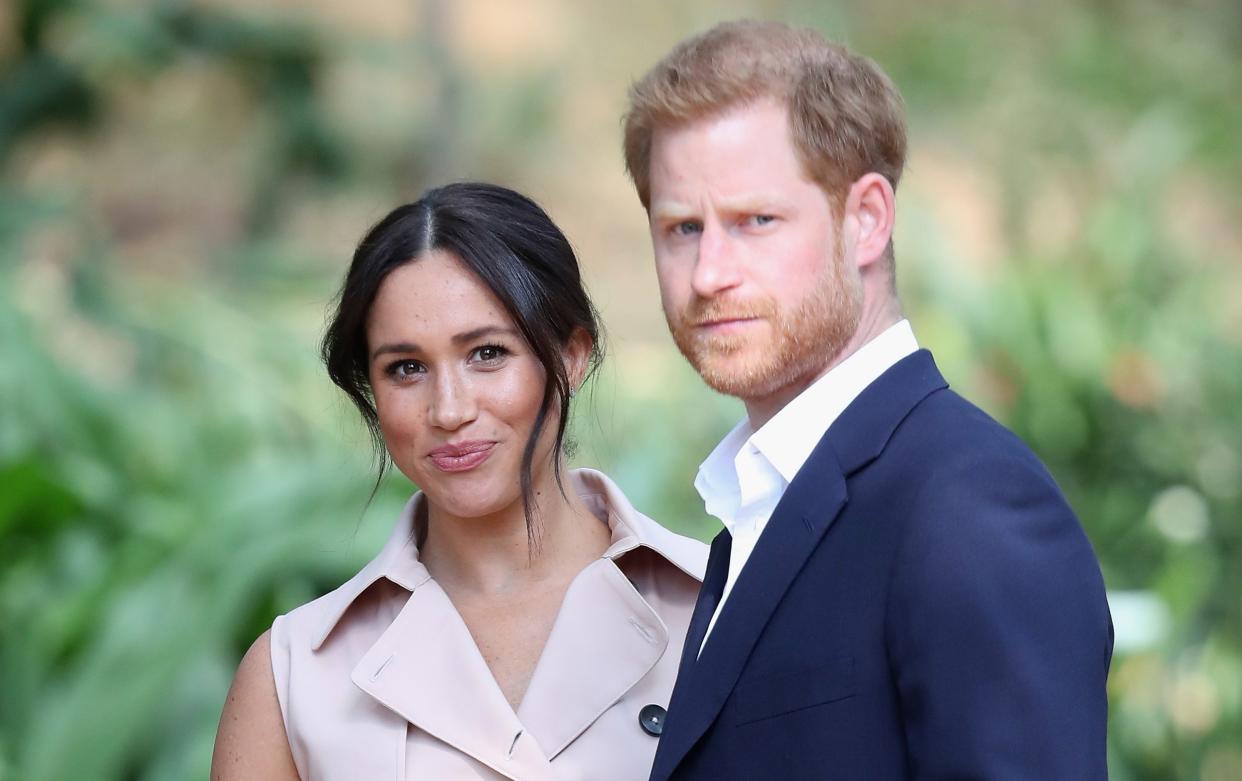
Far from being a country counter, I do have a casual, meandering ambition one day to visit all 54 African nations. Nearly two thirds of the way through, several gaps on my map remain. One is far larger than the others.
It’s the most populous country in Africa; a cultural powerhouse with a rich, complex heritage.
I grew up listening to the socially conscious lyrics and storming Afrobeat rhythms of Fela Kuti; I’ve read books by Chimamanda Ngozi Adichie; and I’ve danced the orishas from Yoruba mythology. Yet – like so many people in the UK – I know nearly nothing about Nigeria.
The fact that this west African country is responsible for so many cultural exports shouldn’t be surprising. At present, the population exceeds 228 million and predictions suggest it could overtake the United States by 2047 to become the third-most populated country in the world.
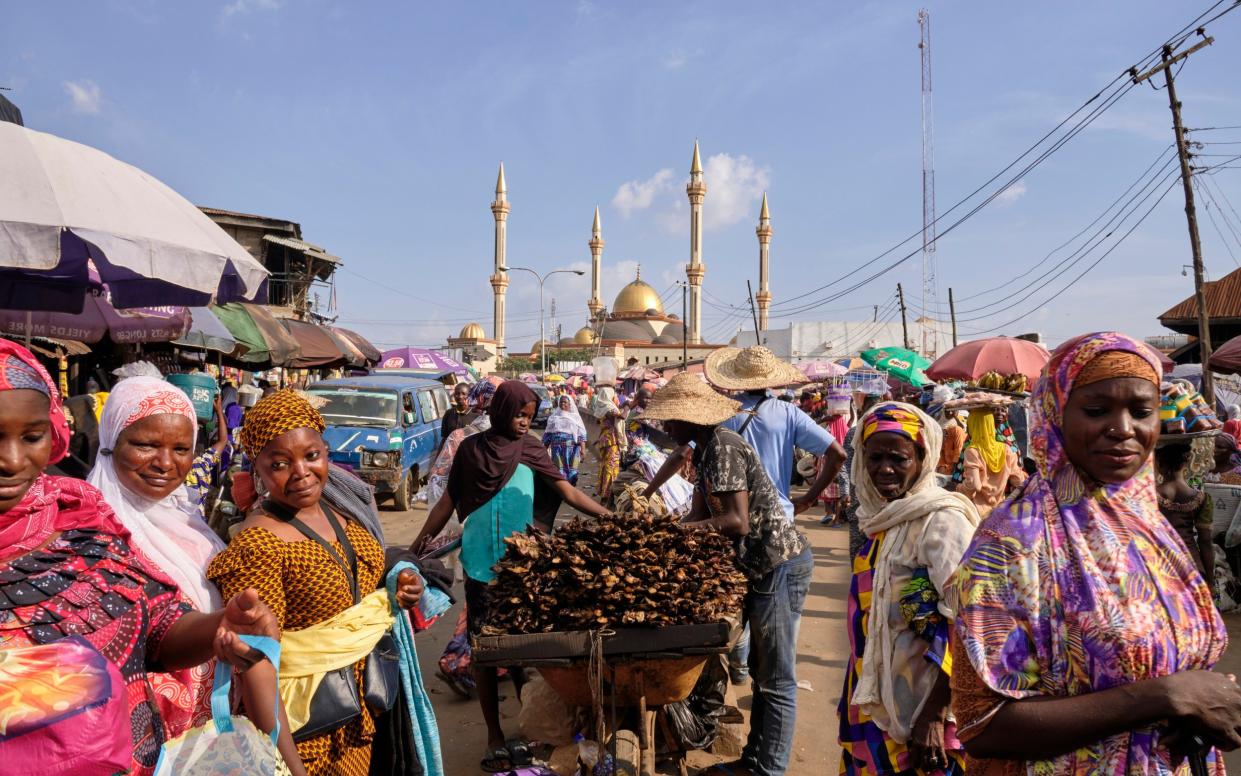
In comparison, based on current visitor figures, the star-spangled juggernaut receives 28 times the number of tourists. Despite historical links to the British Empire, Nigeria – which gained full independence in 1960 – has never found the same favour with English-speaking foreigners as former colonies such as Botswana, Zambia and Kenya.
The Duke and Duchess of Sussex are set to raise the destination’s profile during their current non-official royal visit. Aside from talks regarding the Invictus Games, there’s a personal motivation for the trip: last year, Meghan told listeners to her Archetypes podcast that a genealogy test had revealed she shared Nigerian heritage.
Lagos, the biggest city, is the gateway for most international travellers; both Virgin and British Airways operate direct flights from London with journey times of less than seven hours. The Nike Art Gallery (which has nothing to do with the sportswear giant) is the largest modern exhibition space in west Africa, while Balogun Market is the place to pick up bright fabrics screaming with prints as loud as the sprawling open-air set-up’s noisy, hawking traders.
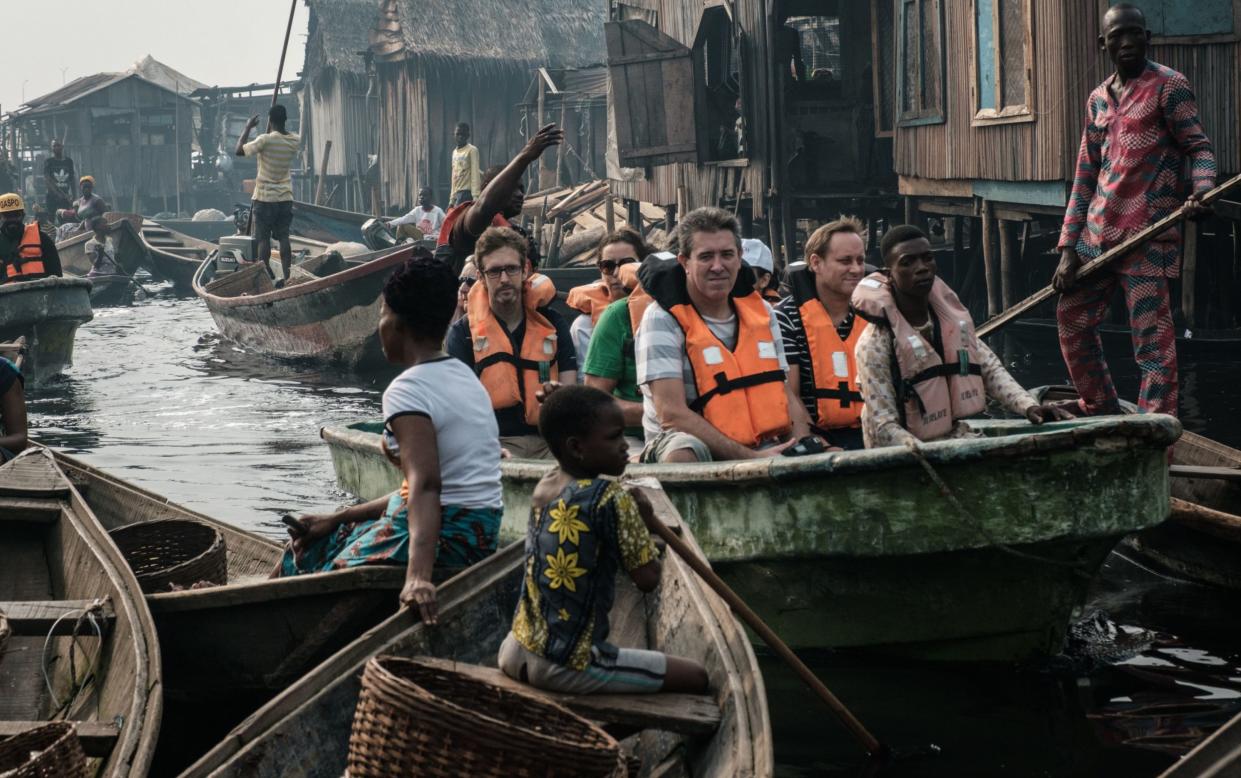
All along the west African coast, the dark spectre of a devastating slave trade looms heavily, compelling millions of Afro-Americans – potentially even Meghan – to visit poignant historical sites and finally pass back through the doors of no return. Nigeria’s focal point is the small beach town of Badagry, just outside Lagos and the site of a former slave market.
Native Eye, one of the few tour operators organising holidays to “the final frontier of African travel”, includes a visit as part of its 12-day “Lost Kingdoms of Nigeria” itinerary, focused on historical sites and tribal cultures.
Further highlights include the Afro-Brazilian architecture and fetish market of Yoruba town Abeokuta, a hike to find the abandoned mud brick buildings of Idanre Hills, and an audience with an Ife priestess in the World Heritage-listed Sacred Grove of Osun – a forest filled with sculptures of Yoruba gods. The best opportunity to appreciate the variety of Nigeria’s 500 ethnic groups comes with a trip far off the beaten track into lands occupied by the Kamberi people.
Despite the devastation wrought by oil, gas and illegal logging, pockets of wilderness survive – largely due to the work of passionate conservationists and NGOs. The Cross River National Park, on the border with Cameroon, is home to one of the world’s rarest species of great ape: the Cross River gorilla.
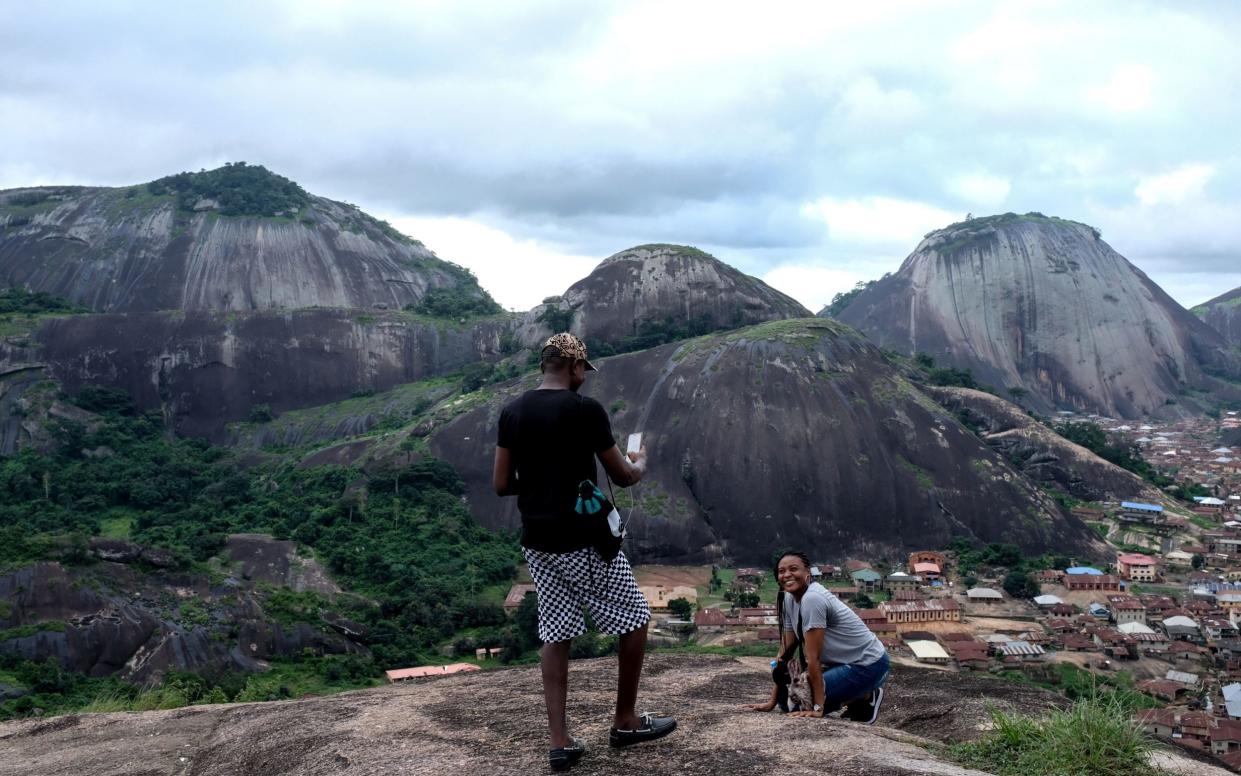
Although the Foreign, Commonwealth and Development Office (FCDO) advises against all but essential travel to the area due to the risk of terrorist activity, Gashaka-Gumti National Park is receiving significant investment from the privately-owned ANI Foundation, which hopes one day to bring tourists to spot chimps and pangolins against a backdrop of volcanic landscapes.
“Nature could be one of our biggest assets,” says Noo Saro-Wiwa, the UK-based Nigerian author and travel writer, whose travelogue and memoir, Looking for Transwonderland, details a rediscovery of her motherland years after the imprisonment and murder of her political activist father, Ken Saro-Wiwa.
She recalls taking a canoe ride along the “clear blue-green water” of the Azumini river, north of the Niger Delta, which she describes as the “most beautiful region in the country when not polluted by oil”.
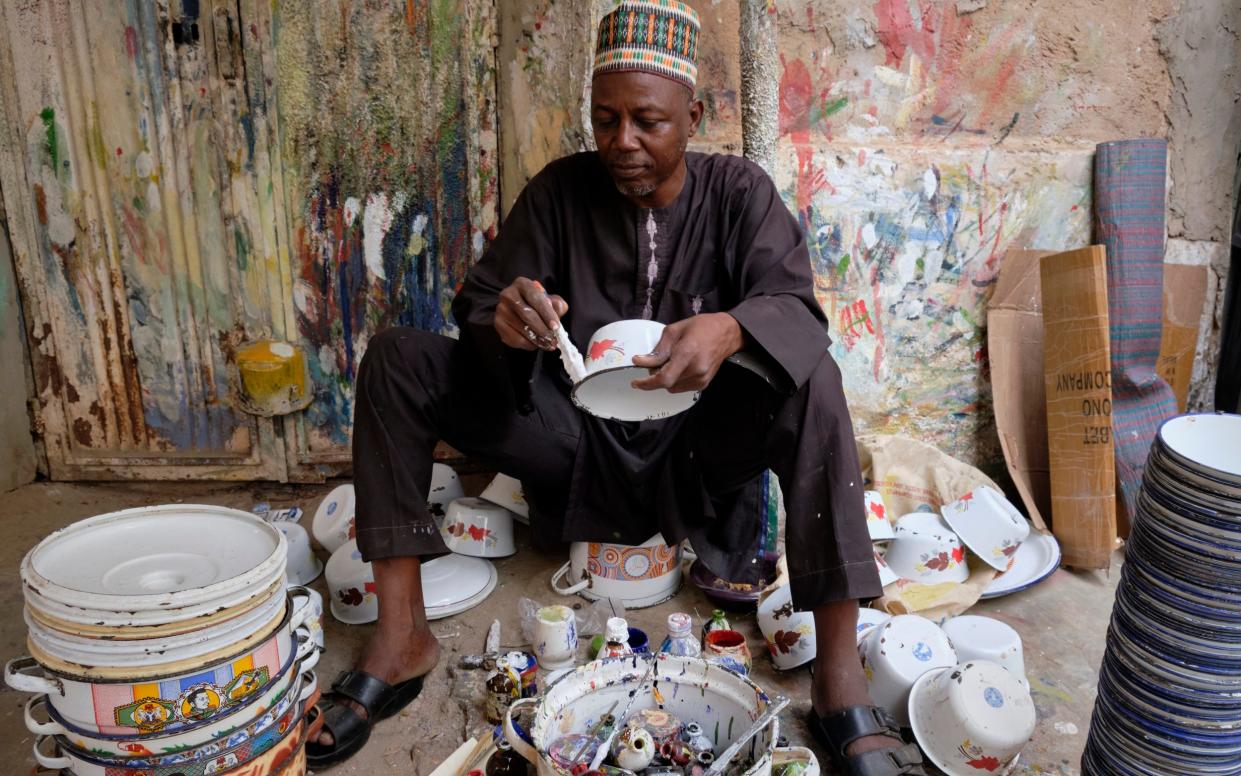
“Our rainforests, flora and fauna are stunning but under threat,” she adds. “The government should be looking after them, but instead the responsibility falls on the shoulders of private foundations, which rely on charity.”
A lack of investment in infrastructure also holds Nigeria back from realising its full potential.
“The constant power cuts make life difficult for Nigerians, let alone tourists,” says Saro-Wiwa. “Transport links aren’t great, either: travel between cities is done mainly by road or short flights that are often delayed. Only a few trains connect the different regions. Hotels aren’t good value, and high unemployment fuels organisations like Boko Haram in the north, which creates instability that can affect travel insurance.”
She’s right. A quote for a seven-day single-entry policy through insurers Battleface is £109 – double the amount for a similar-length trip to Kenya. Visas are also more expensive and trickier to obtain in comparison with other African countries; biometrics and a letter of invitation are among the many requirements for a 90-day single-entry visa costing £217 upwards.
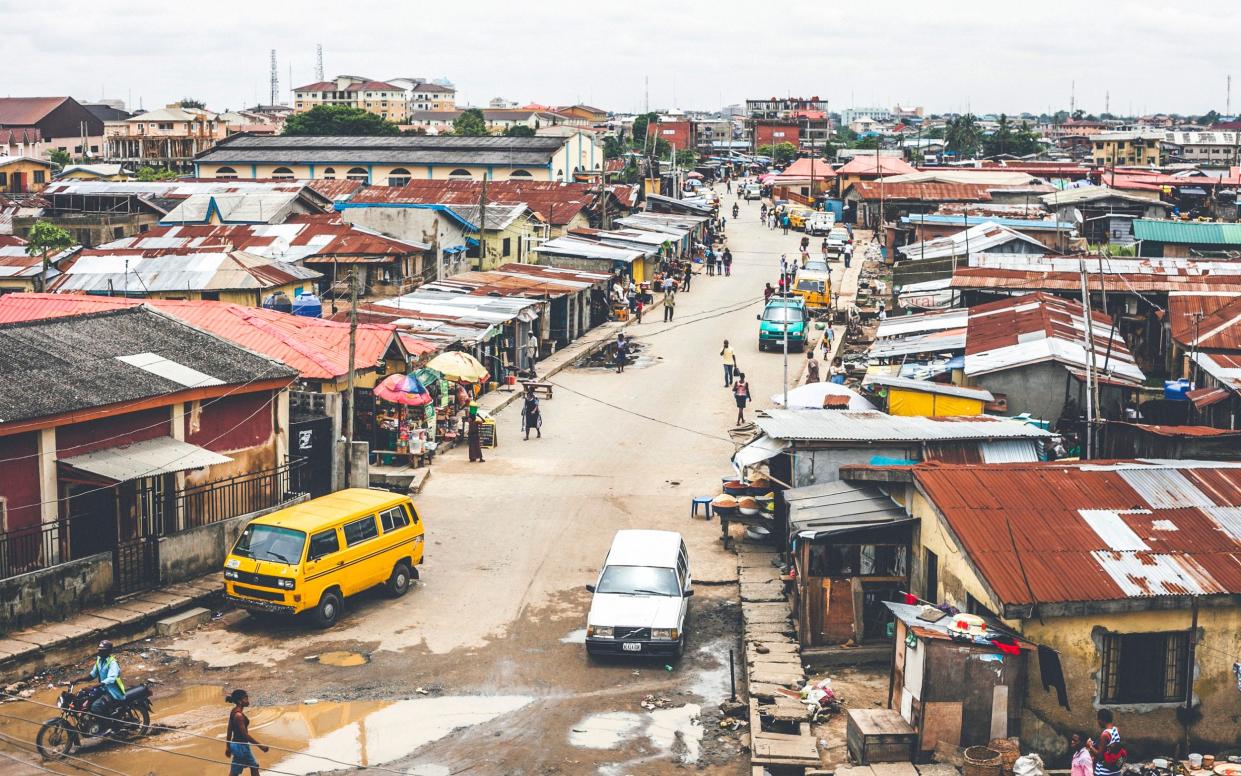
Currently, only roughly a third of the country is classified by the FCDO as safe for travel. Warnings of terrorist attacks, kidnappings, street crime and scams are hardly the persuasive prose of travel blogs and brochures.
Alia Shoaib, a journalist who recently relocated to Nigeria’s “leafy, sleepy administrative capital”, Abuja, says she feels comfortable and safe, although warns against walking at night or travelling between cities by car or train.
“The Nigerians I’ve met are so warm, lively and interesting, and have been so welcoming to me as a foreigner. The more time I’ve spent here, the more I’ve realised what a culturally rich and dynamic country it is,” she says. “If the government were able to address problems and make it safer to move around the country, I think it could thrive as a tourism hot spot.”
Saro-Wiwa, who has found fondness for a place she once feared, is equally optimistic of its appeal – for the right kind of person.
“It’s not an easy place if you’re a ‘tourist’, not a ‘traveller’. You need a curious mind, and to understand the value of a destination that doesn’t exude chocolate-box beauty.”


